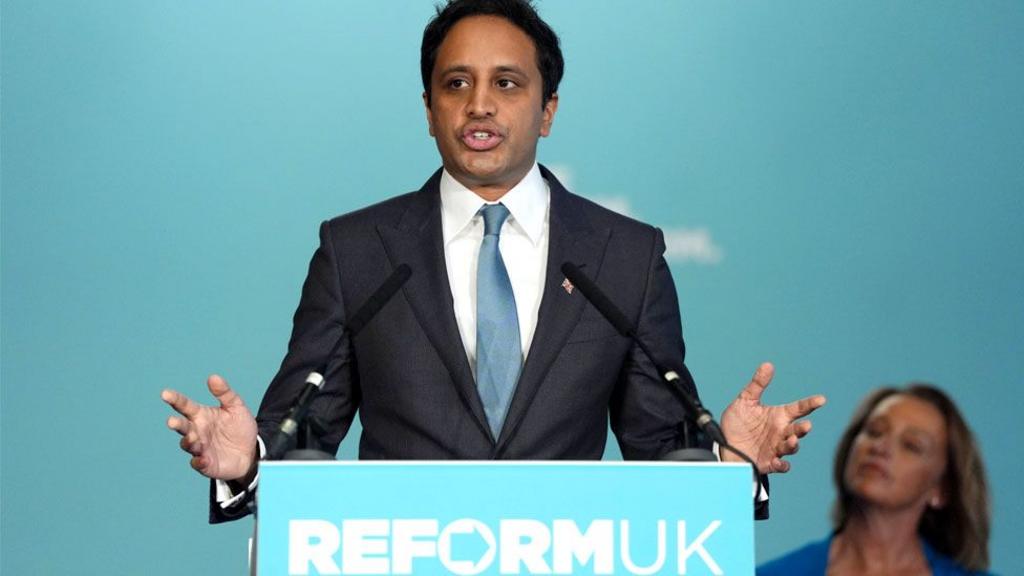Zia Yusuf has resigned as chairman of Reform UK, citing a change in priorities. He stated that furthering the party’s electoral prospects was no longer an effective use of his time.
Yusuf offered no further explanation in his social media announcement (X). This follows his public criticism of a fellow MP’s suggestion to ban the burka, a move he deemed unwise.
Reform UK leader Nigel Farage expressed regret at Yusuf’s departure, praising his considerable talents and significant contribution to the party’s recent electoral successes, including a by-election win, mayoral victories, and a substantial increase in council representation (BBC News).
However, Farage acknowledged that Yusuf appeared disillusioned with the demands of politics and admitted to receiving short notice of his resignation.
Addressing reports of interpersonal challenges, Farage confirmed that Yusuf’s leadership style wasn’t universally appreciated, although he maintained a courteous relationship with Yusuf personally.
In his X post, Yusuf highlighted his achievements, including significant growth in party polling numbers, membership, and electoral success, before announcing his resignation.
Yusuf’s criticism of MP Sarah Pochin’s suggestion to ban the burka, (BBC News) which he labeled as counterproductive, appears to have been a contributing factor to his departure. While Pochin’s statement wasn’t official party policy, it did receive support from other Reform MPs.
Pochin expressed gratitude for Yusuf’s contributions, emphasizing his role in professionalizing the party.
Yusuf, a former Conservative and successful tech entrepreneur, joined Reform UK following the last general election. He donated significantly to the party and spearheaded initiatives aimed at streamlining council operations, including the so-called “Doge teams” (BBC News), inspired by Elon Musk’s efficiency program.
Nathaniel Fried, head of the Doge unit, also resigned, citing his close working relationship with Yusuf. Their departures follow recent high-profile internal conflicts, including the expulsion of MP Rupert Lowe following allegations of harassment and threats against Yusuf (BBC News).
Commentators offered mixed reactions. While some acknowledged Yusuf’s impact, others pointed to internal tensions and his sometimes controversial approach. Opposition parties criticized Reform’s internal dynamics and questioned its leadership capabilities. Even the Conservative Party weighed in, characterizing Reform UK as lacking in substance.

